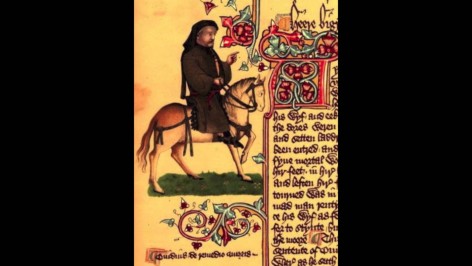Languages can change dramatically over the years. If you had a time machine that could bring you back to historical times, chances are you would have a hard time trying to decipher the English language back then. In fact you may even think it sounds like a foreign language altogether. Hard to believe? Let’s take a look at this passage from the Canterbury Tales − a collection of stories written in Middle English in 1839 − and compare that with its translation into modern English.
Original text
“Whan that Aprill, with his shoures soote
The droghte of March hath perced to the roote
And bathed every veyne in swich licour,
Of which vertu engendred is the flour;”
Translated in modern English
“When in April the sweet showers fall
That pierce March’s drought to the root and all
And bathed in every vein in liquor that has power
To generate therein and sire the flower;”
While you may be able to guess some of the words such as “roote” or “Aprill”, it can be difficult to make sense of what the phrases collectively mean. Even words used in olden times can be baffling to us. “Gutfoundered” meant hungry, while “batty fang” referred to a beating. Not only that, pronunciation was also hugely different, as “tea” was pronounced as “tay”. Interested to find out more? Checkout the video below. https://www.youtube.com/watch?v=8fxy6ZaMOq8










